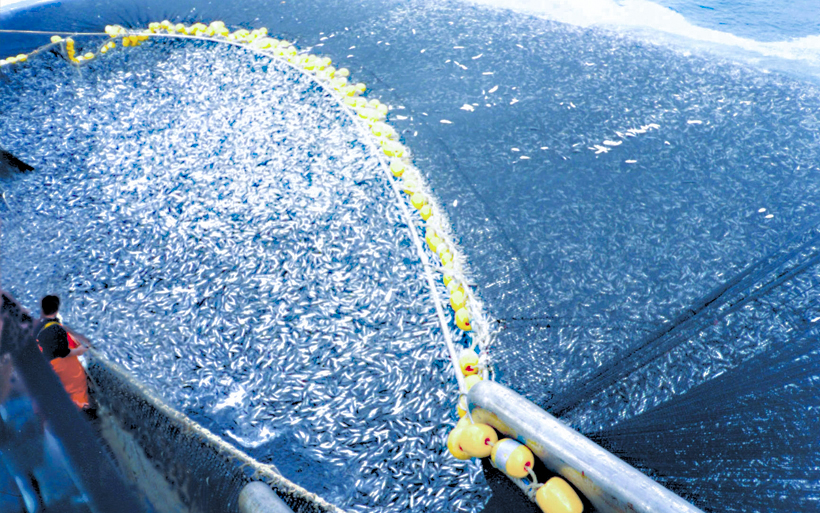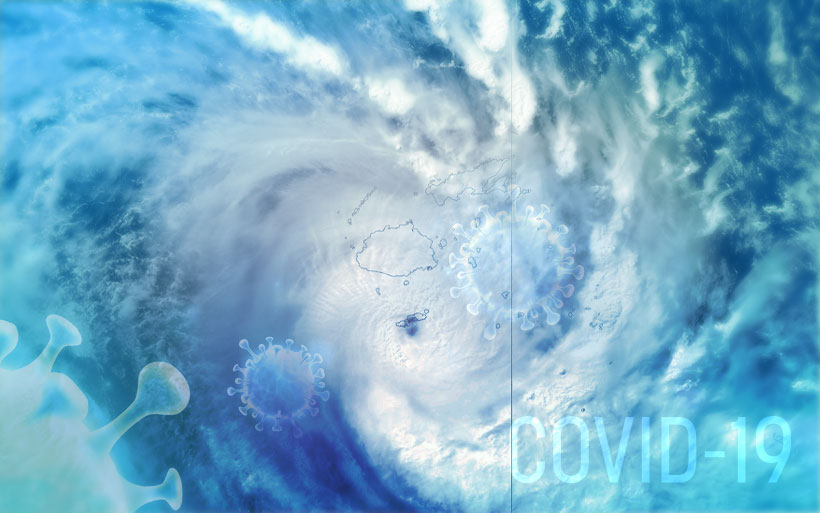Allen
Policy recommendations for combatting overfishing and fisheries crime
APCSS Editor2025-05-29T10:25:41-10:00October 22, 2021|Categories: Canyon, Security Nexus, news, Allen, Long, Brown_c|Tags: Overfishing, Crime|
Hindsight, Insight, Foresight: Thinking about Security in the Indo-Pacific.
APCSS Editor2025-07-01T15:17:52-10:00October 14, 2020|Categories: Vuving, Tekwani, Watson, Publications, Byrd, Minnich, Burgoyne, DKI APCSS, books, news, Mullins, Sitaraman, hemmings, Miyamoto, Allen, Turvold|Tags: Security, Indo-Pacific, Hindsight, Insight, Foresight|
Why We Believe: Disinformation, Misinformation, and Neuroscience
APCSS Editor2020-10-14T14:18:45-10:00October 14, 2020|Categories: Security Nexus, news, Allen|Tags: disinformation, Misinformation, Neuroscience|
Building Water Security on Small Pacific Islands
APCSS Editor2025-05-29T10:47:19-10:00April 24, 2020|Categories: Faculty Articles, Security Nexus, Allen|Tags: Pacific, Security, island, water|
Tropical Cyclone Harold and COVID-19: Lessons from the 2010 Haiti Earthquake
APCSS Editor2025-05-29T10:47:12-10:00April 20, 2020|Categories: Faculty Articles, Security Nexus, Allen|Tags: coronavirus, COVID-19, Haiti, Cyclone|











